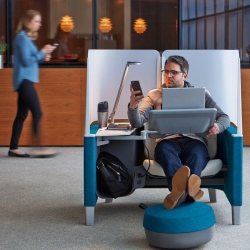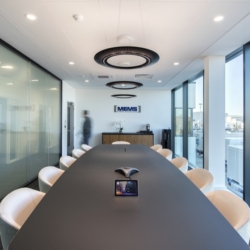August 15, 2025
UK office take-up reaches highest level in three years
 Office take-up across the UK has reached its highest level in three years, according to new figures from CBRE. The total for the twelve months to the end of the second quarter of 2025 stood at 20.3 million square feet, the highest rolling annual figure since the third quarter of 2022. CBRE reports that activity was strongest in the first half of 2025, with occupiers continuing to focus on high quality, well-located space. The firm says demand is being driven by a combination of business expansion, lease events, and the desire to secure the best available stock in a competitive market. (more…)
Office take-up across the UK has reached its highest level in three years, according to new figures from CBRE. The total for the twelve months to the end of the second quarter of 2025 stood at 20.3 million square feet, the highest rolling annual figure since the third quarter of 2022. CBRE reports that activity was strongest in the first half of 2025, with occupiers continuing to focus on high quality, well-located space. The firm says demand is being driven by a combination of business expansion, lease events, and the desire to secure the best available stock in a competitive market. (more…)







 Workstories has announced a merger with
Workstories has announced a merger with 


























June 22, 2025
Data centres are the real powerhouses behind AI
by Anna King • AI, Comment